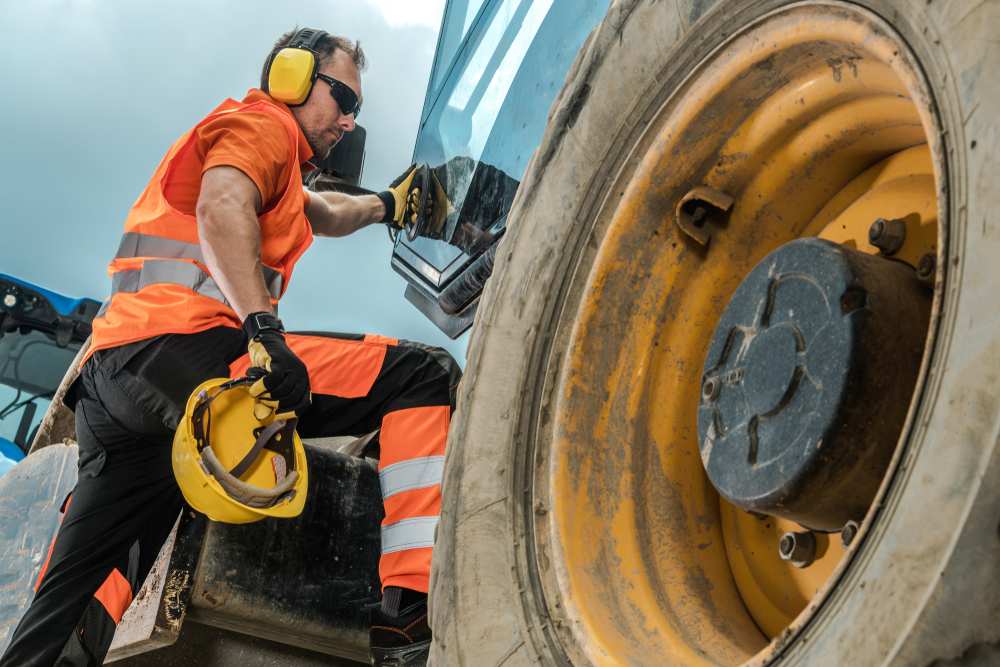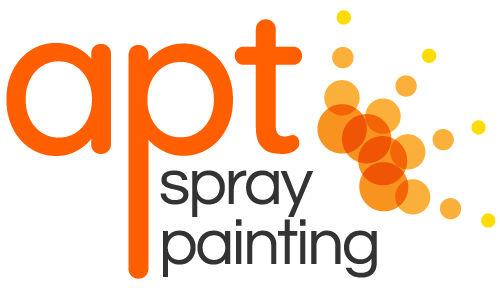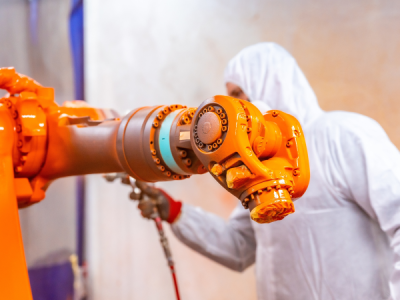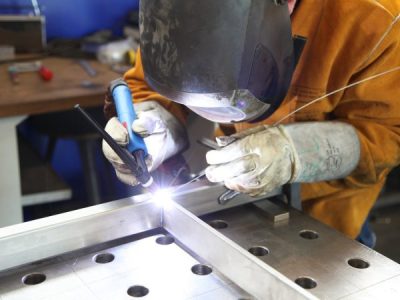
Here’s the text with all font-weight: 400 formatting removed, while keeping all other formatting unchanged:
Running a plant machinery hire company is rewarding but comes with its fair share of challenges, especially in managing cash flow, contracts, and risk. Here’s a breakdown of essential tips to ensure smooth operations and avoid some common pitfalls in the industry.
1. Understand Cash Flow Challenges

Cash flow in the plant hire and construction industry can be notoriously unpredictable. Any heavy equipment hire business owners with a few years under their belt will tell you about the rollercoasters they had to go on to get where they are today. Because of large payments coming in sporadically and often delayed, plus big fees and repayments, the cash flow in this industry is known to be lumpy. Even a small delay in payments can strain your business. To survive, it’s vital to manage your cash reserves carefully, keeping more in the business than you might in other industries.
A good rule of thumb? Always assume there could be delays or non-payments. This means holding back on luxury purchases or “treating yourself” too early in the game. Instead, focus on reinvesting profits and building a financial cushion. Seeing that first big chunk of money hitting the bank can be exciting. Honestly, it may look like you won the lottery. But, this industry is notorious for its dry spells, so always make sure you have a big rainy day fund to ensure you can meet any upcoming repayments if you don’t earn a consistent payday for a while after.
2. Set Clear Terms and Conditions
Having a solid contract in place isn’t just a formality; it’s your first line of defence against issues down the track. Here are some key points to consider when crafting your hire agreement:
- Delivery and Collection: Specify whether you or the client will handle machinery transport.
- Licensing Requirements: Require appropriate licensing for those operating the machinery.
- Equipment Condition: Clearly state that it’s the client’s responsibility to ensure the machinery suits their needs.
- Risk and Liability: Waive your responsibility for any misuse or mishaps that happen on the hirer’s watch.
- Indemnity: Include a clause making the hirer responsible for any damages to the equipment or other property.
- Payment Terms: Outline exactly how and when payments are to be made.
A crucial tip: if a client hesitates to sign a contract, it’s often a red flag. Many reputable clients will be used to signing contracts with major hire companies, so if they’re pushing for a handshake deal, they may be trying to avoid liability. Stick to your terms – better to walk away from a risky deal than end up unpaid.
3. Get Serious About Documentation

Strong administrative practices can make a world of difference. Clear, signed contracts and detailed records of all agreements are vital, especially in an industry where disputes over payments or hours worked are common. Small operators sometimes fall into the trap of casual, non-binding agreements, which leaves them vulnerable. Proper documentation and legally binding contracts give you leverage if there’s ever a disagreement.
The Personal Property and Security Register (PPSR) is also crucial if you’re offering longer-term hires (over two years or indefinite). Registering your interest in the machinery on the PPSR means that if a client goes under, you have a claim to your equipment above other creditors. Without this, you might lose access to your assets if they are liquidated to pay debts.
4. Avoid Tricky ATO Situations
The Australian Tax Office (ATO) has become increasingly vigilant in monitoring businesses that report higher-than-average deductions or claims. This means that if you’re tempted to stretch a claim, think twice. A flagged submission can trigger a deep dive into your finances, which can be costly and stressful. Just because you took the team out in your new boat for the Christmas party, does not mean it’s tax deductible.
Stick to legitimate, justifiable deductions, and ensure your records are well-organised and accurate. No one wants the burden of an ATO audit, which can not only drain your time and resources but also impact your reputation.
5. Limit Your Liability

Machinery hire inevitably involves some risk, so managing liability is essential. You’ll want to include clauses in your contracts that cap your responsibility for “consequential loss.” In plain terms, this means you won’t be held responsible for additional losses that result from machinery damage. Including indemnity clauses also protects you; these clauses are promises from the hirer to cover specific types of losses. By setting caps on these liabilities, you can protect your business from unexpected financial hits.
6. Maintenance and Equipment Health
Keeping your equipment in top condition is essential, not just for reliability but for the safety and longevity of your assets. Here are some specific steps to prioritise:
- Regular Servicing: Schedule maintenance intervals for all machinery. Checking engines, hydraulics, and electrical systems helps avoid unexpected breakdowns and extends equipment life.
- Prevent Rust with Spray Painting: In the plant hire industry, machinery often works in tough environments—rain, mud, and dust are part of the job. Spray painting equipment and individual parts is a simple but effective way to prevent rust, especially on high-exposure areas. Rust weakens metal, increasing wear and tear, and it also compromises safety. A high-quality spray coat keeps machinery looking professional and reduces long-term maintenance costs.
- Maintenance Records: Track every service, repair, and upgrade. Maintenance logs help with resale value, and clients will appreciate seeing records that prove your equipment is in prime working order.
Proactive maintenance doesn’t just prevent breakdowns; it keeps customers satisfied and minimises downtime, making your business more reliable and respected.
7. Types of Equipment Hire: Dry Hire, Wet Hire, and Hire-to-Purchase

Understanding the different types of hire options can expand your business offerings and cater to a wider customer base. Here’s a quick breakdown of the main types of plant hire:
- Dry Hire: With dry hire, you provide the equipment only, leaving the operation to the client. This option is popular with contractors who have their own operators and want to control their costs. It requires that you verify the client’s operator is licensed and capable of using your equipment safely.
- Wet Hire: Wet hire includes both the equipment and a qualified operator. This option is often preferred on larger projects where hiring a skilled operator saves clients the hassle of sourcing their own. Wet hire can bring in more revenue per hire, but it requires additional insurance coverage and stringent vetting of your operators.
- Hire-to-Purchase: Hire-to-purchase is an appealing option for clients who want to try out machinery before committing to buy. Essentially, the rental fees apply towards the eventual purchase cost, so the client can feel confident that the machine suits their needs. Offering hire-to-purchase can be a competitive advantage, especially with clients who anticipate long-term projects.</li



